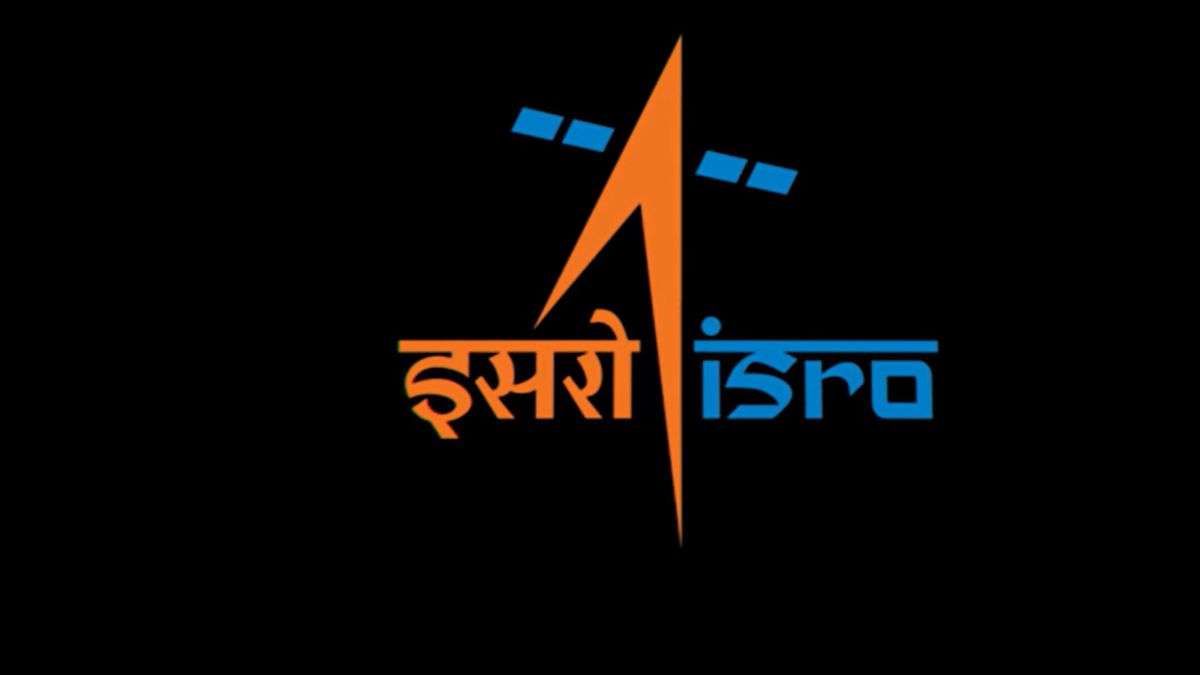We are just a few days away from 2024, and the Indian Space Research Organisation (ISRO) plans to send the Polar Satellite Launch Vehicle (PSLV) which will be carrying the first X-Ray Polarimeter Satellite (XPoSat) from India, on January 1. As per the reports, the new mission comes with a mark of the first dedicated polarimetry mission and the world's second, after following NASA’s Imaging X-ray Polarimetry Explorer (IXPE) which was launched in 2021.
XPoSat Mission: Key details
Mission Objective
The XPoSat mission has been focusing on investigating the polarization of intense X-ray sources, which will be positioning India at the forefront of space-based polarimetry.
Payload and Instruments
- POLIX (Polarimeter Instrument in X-rays): This is the primary payload and it measures the degree and angle of polarization in the medium X-ray energy range of 8-30 keV photons from astronomical sources.
- XSPECT (X-ray Spectroscopy and Timing): Complementing POLIX, XSPECT will further provide spectroscopic information in the energy range of 0.8-15 keV.
- Targets of Study: XPoSat aims to study the 50 brightest known sources in the universe, including pulsars, neutron stars, active galactic nuclei, black hole X-ray binaries and non-thermal supernova remnants.
Orbit and lifespan
The satellite will be placed in a circular low Earth orbit of around 500–700 km, with a mission which will have a lifespan of a minimum of five years.
Significance of XPoSat mission
The XPoSat mission is expected to contribute significantly to our understanding of the universe by adding two crucial dimensions— angle and degree of polarization—to existing spectroscopic and timing data. This is expected to potentially resolve the ambiguities in the current theoretical models of astronomical emissions.
The launch is said to be the major milestone in India's space exploration journey, which will place India among the leaders in space-based polarimetry.
ALSO READ: Jio unveils ‘Happy New Year Offer 2024’ with extended validity on annual prepaid plan

